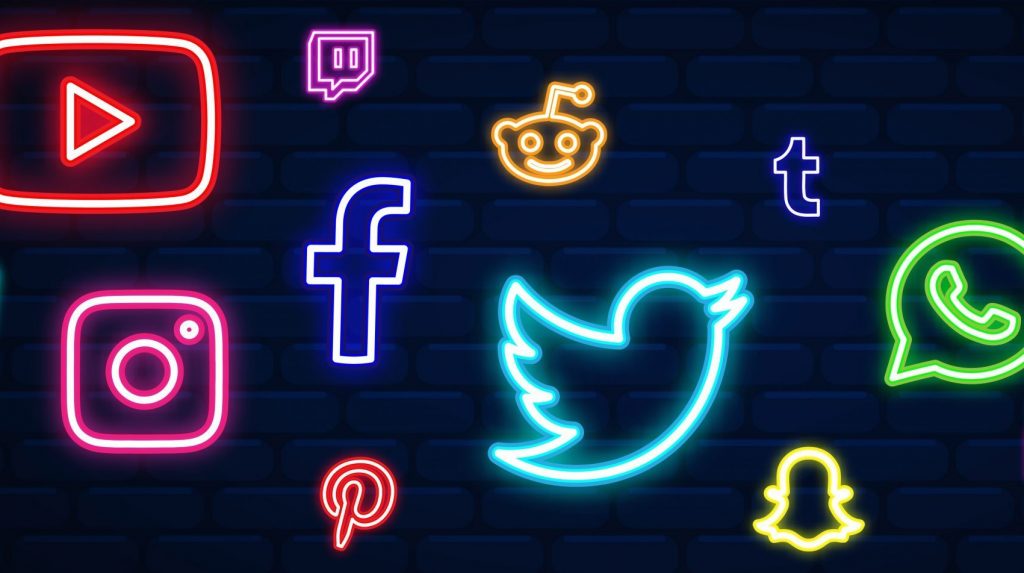
Meta shut down its Connectivity division and Twitter fired 75% of its workforce in a major contraction of digital companies that could portend more shake-ups to come.
From Twitter to Meta Rising Costs, Lower Profits Are Forcing Change
High-tech giants seem to be going through bad times lately. From Twitter to Meta to cryptocurrencies, the digital world is undergoing growing pains.
After Elon Musk dropped $44 billion of partially borrowed dollars to purchase Twitter, the turmoil has been nonstop at the San Francisco headquarters—even to the point of selling office geegaws and office furniture. Now comes news from theverge.com that reveals Meta is making major changes to projects they have been backing for nearly a decade. And not much has been fsaid as to why.
Meta’s shuttering its Connectivity arm almost 10 years after launching the initiative, according to a report from Light Reading. The company confirmed to both Light Reading and Fierce Wireless that it will instead split the division across its Infrastructure and Central Products teams.
Meta Connectivity (formerly Facebook Connectivity) was launched in 2013 with the goal of getting more people online so they could use the company’s social networks. Through the initiative, the company developed and then shut down a project that involved autonomous, high-flying drones beaming the internet to underserved parts of the world. It also worked on creating a Starlink-like internet system using low Earth orbit satellites, but the staff developing it were picked up by Amazon last year.
And this is on top of the 11,000 workers that Meta laid off very recently. As we have heard from Twitter, maybe 75% of that staff has been ejected, though some have been invited or even begged to come back to work for Twitter.
Is the digital universe feeling a ripple of change? Is the decline in the pandemic partially responsible for fewer digital activities and more actual outdoor activities? Perhaps.
Aside from ambitious projects involving drones, satellites, and an internet-toting helicopter, Meta Connectivity also offered free internet in developing countries, allowing users to access only Facebook and a few other websites. However, a report from The Wall Street Journal earlier this year found that some users were actually unknowingly getting charged by their mobile providers due to an issue with Facebook’s software. In October 2021, Meta said its internet service provided connectivity to more than 300 million users. As noted by Light Reading, Meta Connectivity’s shutdown shouldn’t affect the company’s involvement in the Telecom Infra Project (TIP), which Meta helped found in 2016.
There are more changes on the digital horizon no doubt. Cryptocurrencies and their problems are growing daily. After FTX basically embezzled around $8 billion dollars according to reporting, the edges of some other currencies are beginning to fray. And while Zuckerburg continues to back a money-losing proposition he calls the Metaverse, reports say Musk is threatening to stiff former workers with their severance packages.
The stumbling of digital giants is something to watch in the new year of 2023.
read more at theverge.com







Leave A Comment